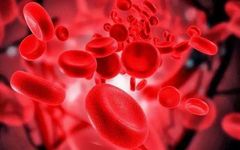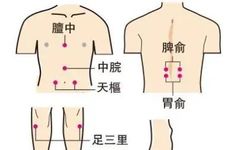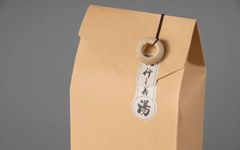Understanding the Characteristics of the Slippery Pulse in TCM
Source:“Clinical Notes on Traditional Chinese Medicine”, People’s Health Publishing House Chief Editor: Wang Bin Editor: Bai Zhi (White Atractylodes) This article is copyrighted by the rights holder. Slippery Pulse The slippery pulse (滑脉, hua mai) is characterized by a smooth and flowing sensation, akin to beads rolling under the fingers (《脉经》). It feels as if … Read more










